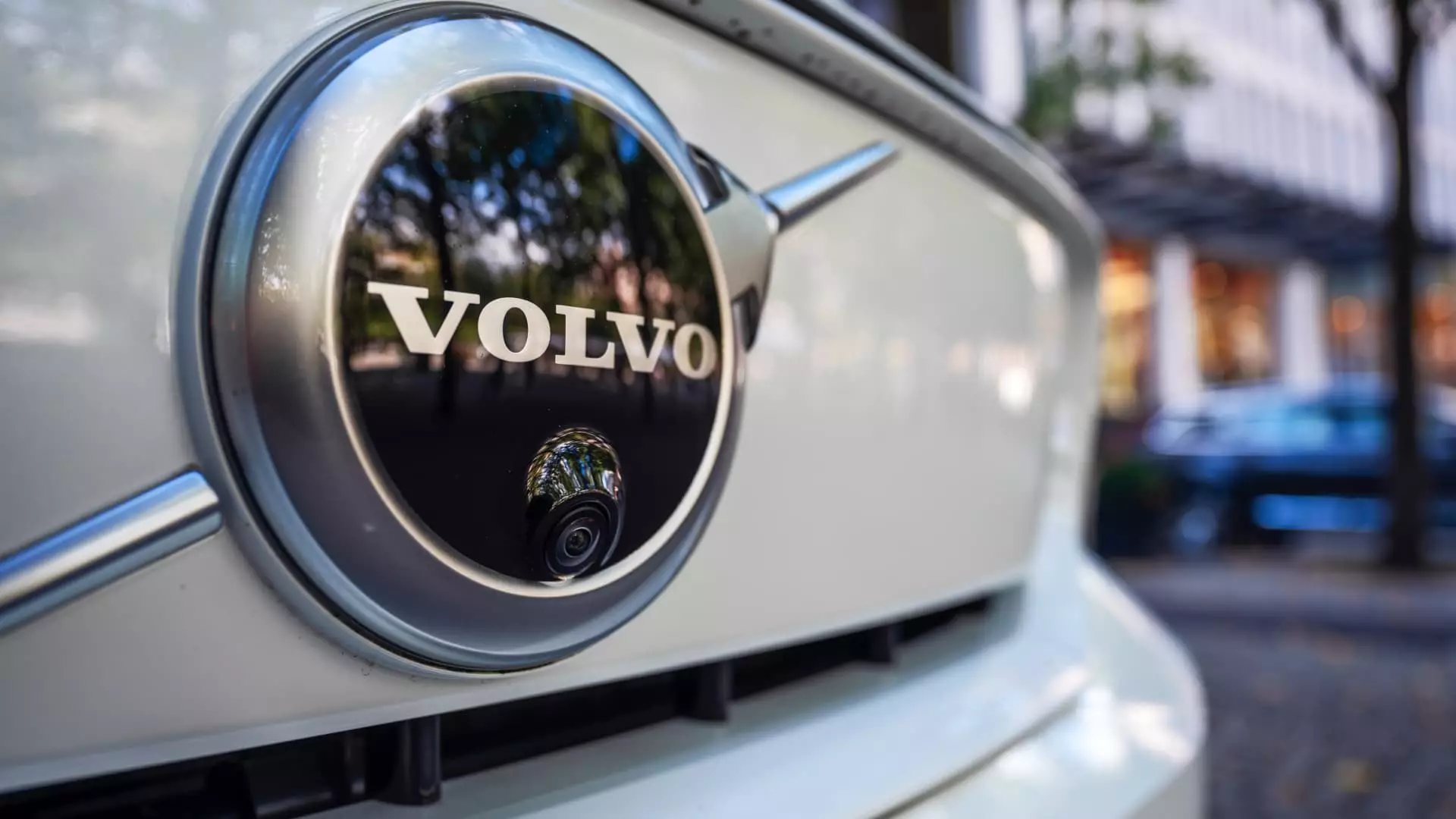The recent announcement from Volvo Cars to slash approximately 3,000 jobs is not merely an organizational shift; it represents a disturbing trend within the automotive sector that is grappling with myriad challenges. This decision, affecting around 15% of their office-based workforce, primarily in Sweden, is a stark reminder that even brands with a strong legacy are not immune to the turbulence that has swept through the industry. The road to profitability is often paved with difficult choices, yet this kind of mass redundancy raises significant ethical questions as we step into a future where corporate ambition increasingly seems to prioritize financial metrics over human capital.
Financial Pressures and Strategic Missteps
Volvo, under the ownership of the Chinese giant Geely Holding, announced an 18 billion Swedish kronor ($1.89 billion) cost-cutting and cash action plan, highlighting the financial strains exerted on the company. While it’s easy to point fingers at the broader economic climate—lines of supply disrupted, tariffs looming—it’s essential to dissect how Volvo, like many others, fumbled its strategy in an evolving marketplace. The withdrawal of financial guidance for 2025 and 2026 further illustrates the company’s precarious position. It appears that rather than fostering innovation or streamlining operations in a sustainable manner, the focus has reverted to mere cost reduction, a dangerous pivot that may cripple long-term growth.
Outsourcing Responsibility
One of the notable aspects of Volvo’s layoffs is the inclusion of about 1,000 consultants among the job cuts. This begs a critical examination of the practice of outsourcing—essentially shedding corporate responsibility and enlisting external firms to handle operational roles. By relying on consultants, companies like Volvo may temporarily alleviate staffing costs but ultimately weaken their institutional knowledge and internal capabilities. This game of shifting human resources creates a façade of flexibility while sidelining the very people who contribute to the company’s ethos and vibrancy. Such a strategy can profoundly disconnect brands from their core as their reliance on external partners deepens.
The Broader Implications for the Automotive Landscape
As Volvo grapples with these profound changes, the ramifications extend far beyond its boardroom. The automotive industry faces an upheaval as it strives to adapt to new market realities, such as increasing demand for electric vehicles and the growing influence of global trade uncertainties. For instance, U.S. tariffs on automotive imports have sent ripples of anxiety through European manufacturers, challenging predictions for growth while igniting fierce protective measures. Volvo’s ambitious goal to transition to a fully electric car company is commendable, yet it remains tethered to traditional business models that clash with its aspirations.
Searching for Vision in a Tumultuous Market
Håkan Samuelsson, the company’s president and CEO, insists that these job cuts are vital for building a resilient future. However, the underlying message reflects an industry tightly wound in immediate crisis management, overshadowing visions of transformative innovation. Amidst threats of tariffs and fluctuating consumer preferences, Volvo’s recent pivot away from a strictly electric future underscores an urgent need for adaptability—a call for a corporate philosophy that embraces resilience over rigidity. To assert leadership in the EV landscape, Volvo must not only enhance its product offerings but also reconsider how it engages its workforce in this sustainable transition.
In grappling with this complicated terrain, it’s essential that companies like Volvo must focus on maintaining a balance between cost management and nurturing their teams. Cutting jobs can lead to cost savings, but at what price? The automotive future belongs to those who recognize the value of collaboration, innovation, and sustainable growth over short-term gains. The drive for efficiency must not eclipse the fundamental principles of corporate empathy and human connection. As the automotive industry stands at this crossroads, it’s time for a paradigm shift that prioritizes both profitability and the people who make it all possible. The question looms: can Volvo emerge as a leader within a troubled industry, or will it succumb to the very pressures it seeks to escape?

Leave a Reply